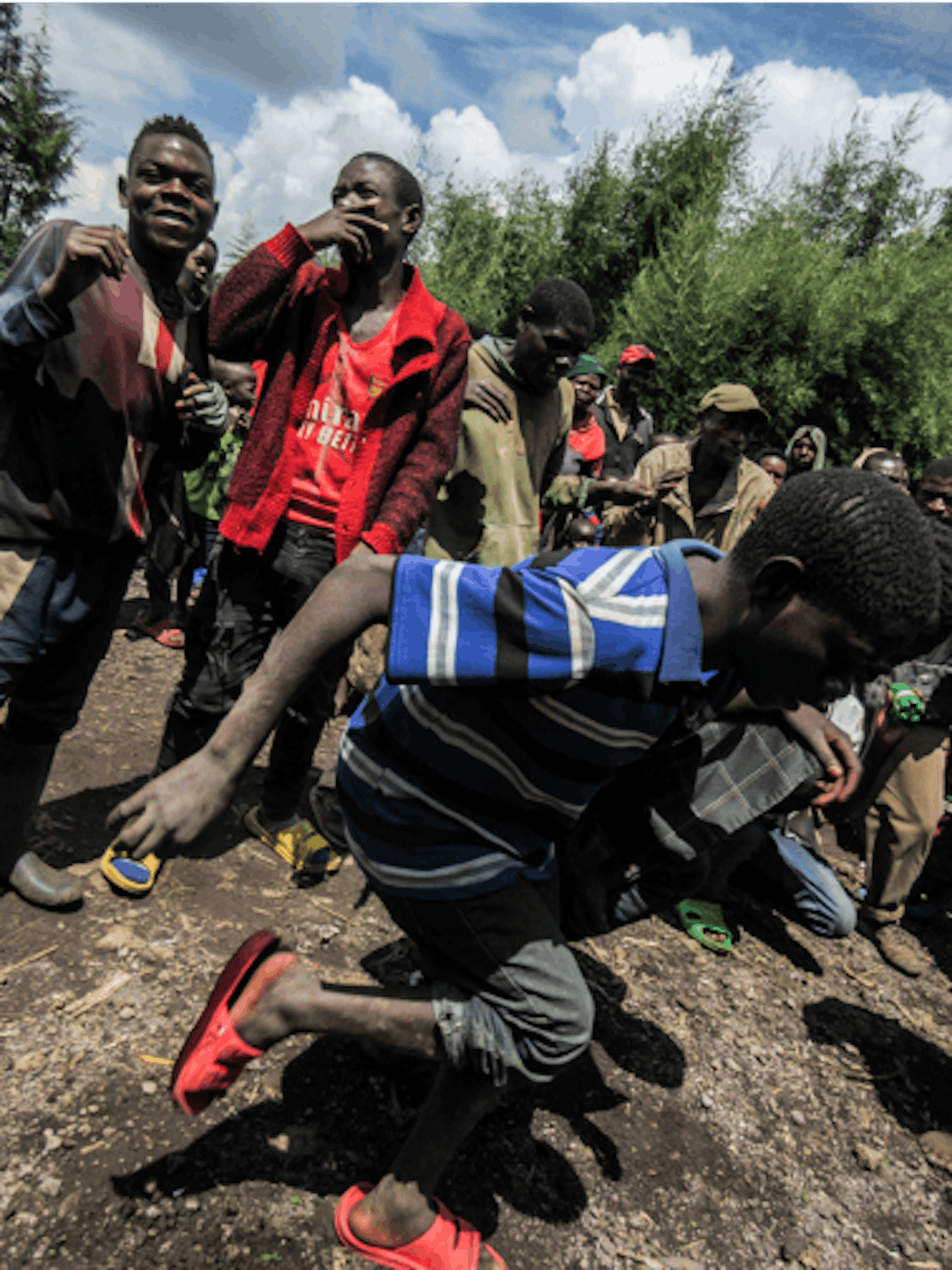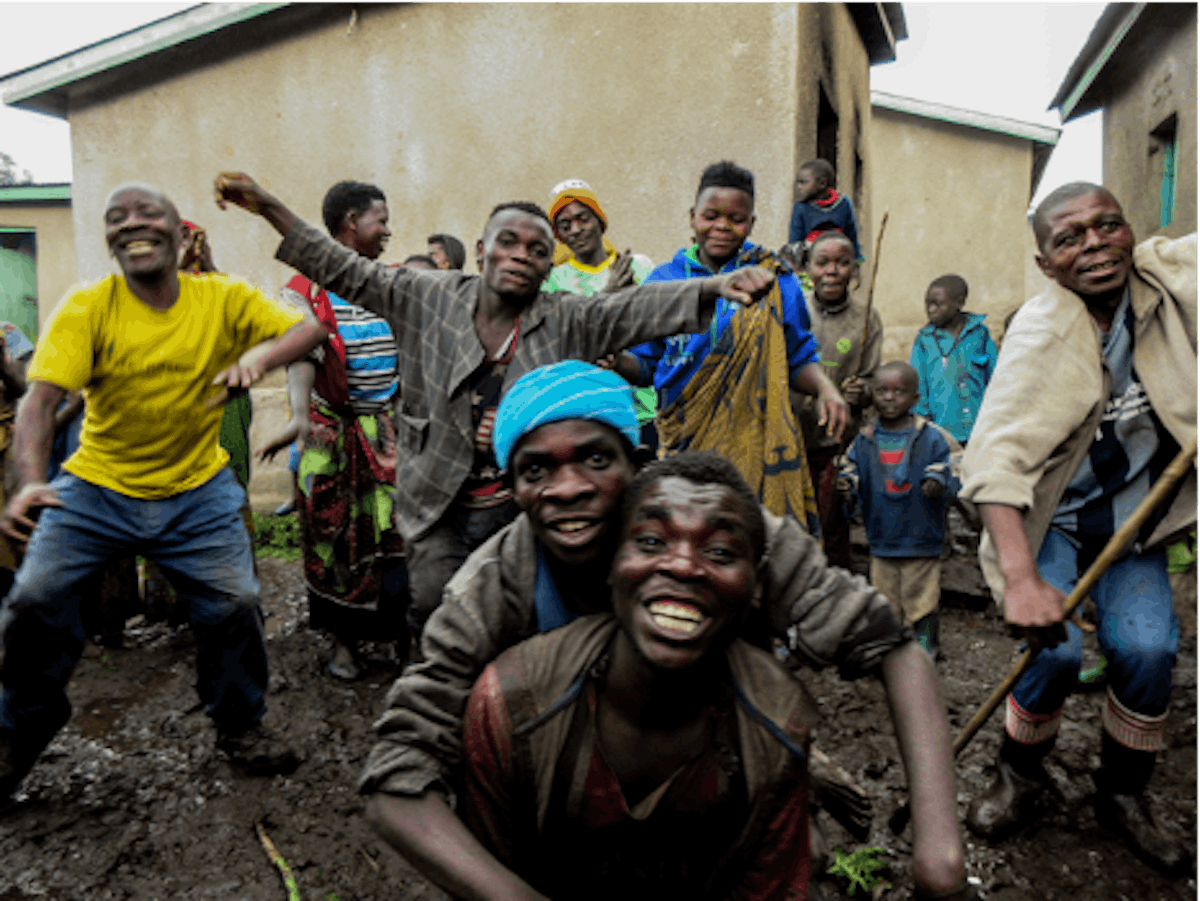Train
From Zurich to Winterthur: S 12, IC Zurich-St. Gallen and IR Zurich-Schaffhausen (20–25 min).
From Zurich Airport: IC and IR trains (15 min).
From St. Gallen: IC and IR trains (40–45 min).
From Schaffhausen: IC and IR trains (35 min).
Bus
From Winterthur train station: Bus no. 2 (direction Seen), 3 stops till “Fotozentrum”.
Car
Motorway from Zurich: exit Winterthur-Töss, direction “Zentrum” (City Centre), then follow the sign “Fotomuseum”.Motorway from St. Gallen: exit Oberwinterthur, direction “Zentrum” (City Centre), then follow the sign “Fotomuseum”.Parking facilities near the museum.



